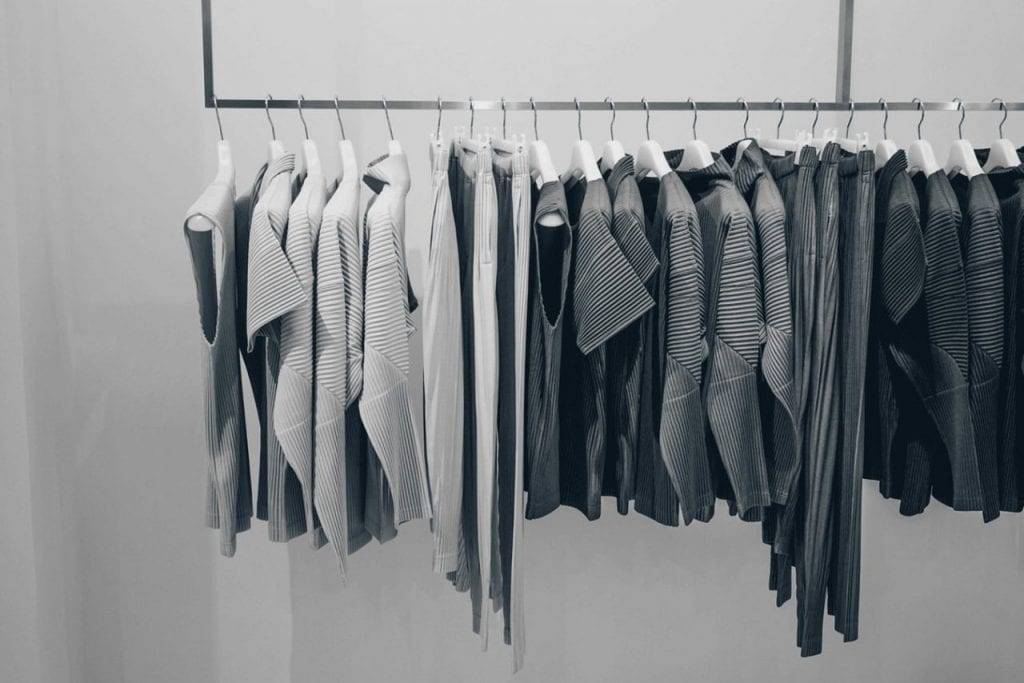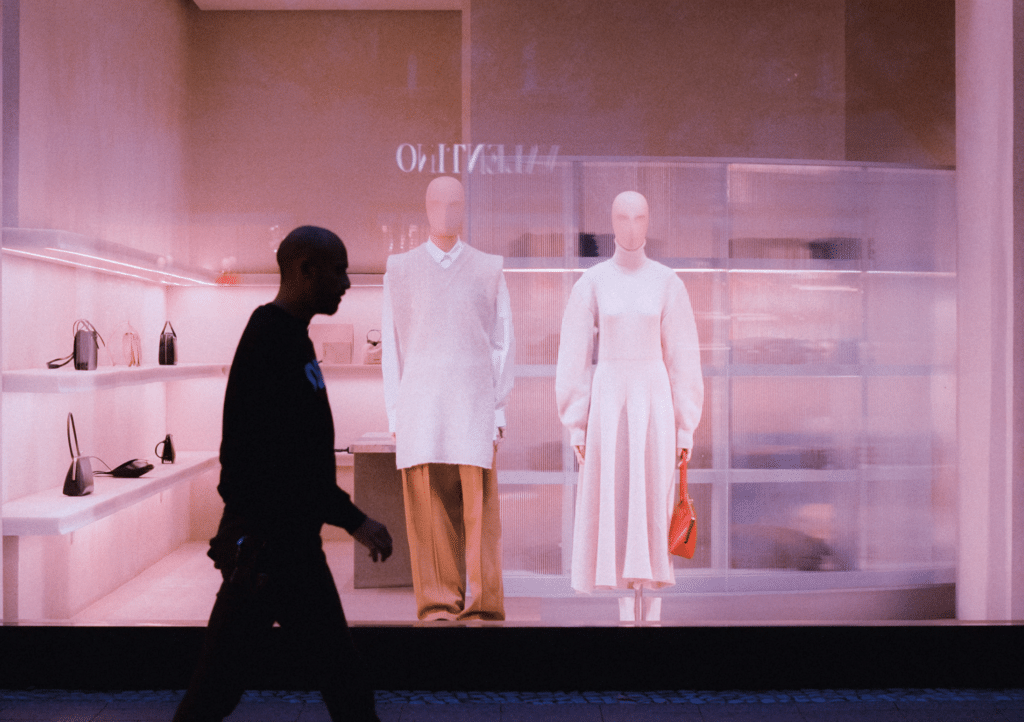Days after Lacoste made headlines for selling products that had allegedly been manufactured in Chinese mass detention camps, where ethnic Uighurs and other Muslim minorities are reportedly forced to “learn Chinese and memorize propaganda songs” and to work as part of a secretive – yet sweeping – “re-education” campaign, U.S. lawmakers have proposed legislation aimed at taking a stricter stance on the import of products coming from this particular region. Something of a significant departure from the current rule, the new bipartisan bill would require importers to obtain certification from the U.S. government that goods coming from Xinjiang were not produced using forced labor.
Senator Marco Rubio (R-FL) and Representative James McGovern (D-MA) – who co-chair the Congressional-Executive Commission on China (“CECC”), a Congressional-Executive commission that is tasked with “monitoring human rights and the development of the rule of law in China” – proposed the Uyghur Forced Labor Prevention Act on Wednesday in furtherance of a quest “to hold the Chinese Communist Party accountable for the use of forced labor in Xinjiang and ensure that goods produced through forced labor do not enter the United States.”
If enacted, the bill, which was introduced over a year after North Carolina-based Badger Sportswear made headlines after it was revealed that its apparel orders were quietly being fulfilled by prisoners in internment camps on the Chinese mainland, will alter existing law in that it will impose a “‘rebuttable presumption’ that assumes that all goods manufactured in Xinjiang are made with forced labor and therefore, banned under the 1930 Tariff Act” – meaning that they will be barred from importation into the U.S. – “unless the commissioner of U.S. Customs and Border Protection certifies otherwise,” Reuters reported this week.
As of now, the Tariff Act “prohibits the importation of merchandise mined, produced or manufactured, wholly or in part, in any foreign country by forced or indentured labor – including forced child labor” with the threshold being that there is “sufficient evidence of forced labor.” As such, the new bill would “shift the burden of proof from the current rule” in connection with products manufactured in Xinjiang, a region in northwest China known for playing home to the largely-under-wraps detention camps.
In addition to introducing the proposed legislation, the CECC released an official report, entitled “Global Supply Chains, Forced Labor, and the Xinjiang Uyghur Autonomous Region,” which details the “forced labor [that occurs] inside and outside of internment camps,” and points specifically to major retailers, such as Nike, adidas, Calvin Klein, H&M, and Patagonia, which have been linked to forced labor operations in Xinjiang, a region in northwest China known for playing home to mass detention camps.
CNN stated on Thursday that there have been “growing concerns in the U.S. for months around the mass detention of up to 2 million Muslim-majority Uyghurs and other ethnic groups in sprawling facilities in China’s Xinjiang region,” with publications, such as the Wall Street Journal reporting as recently as this past spring that adidas, H&M, and Gap Inc. were among the companies whose names were connected to textiles at the end of “the long, often opaque supply chains that travel through Xinjiang.”
The new bill, which lawmakers say is necessary since “both the surveillance of workers in Xijiang, as well as lack of cooperation from Chinese authorities, make independent oversight nearly impossible,” also calls on Donald Trump to impose sanctions on “any foreign person who ‘knowingly engages” in forced labor of minority Muslims and requiring firms to disclose dealings with Xinjiang.”











